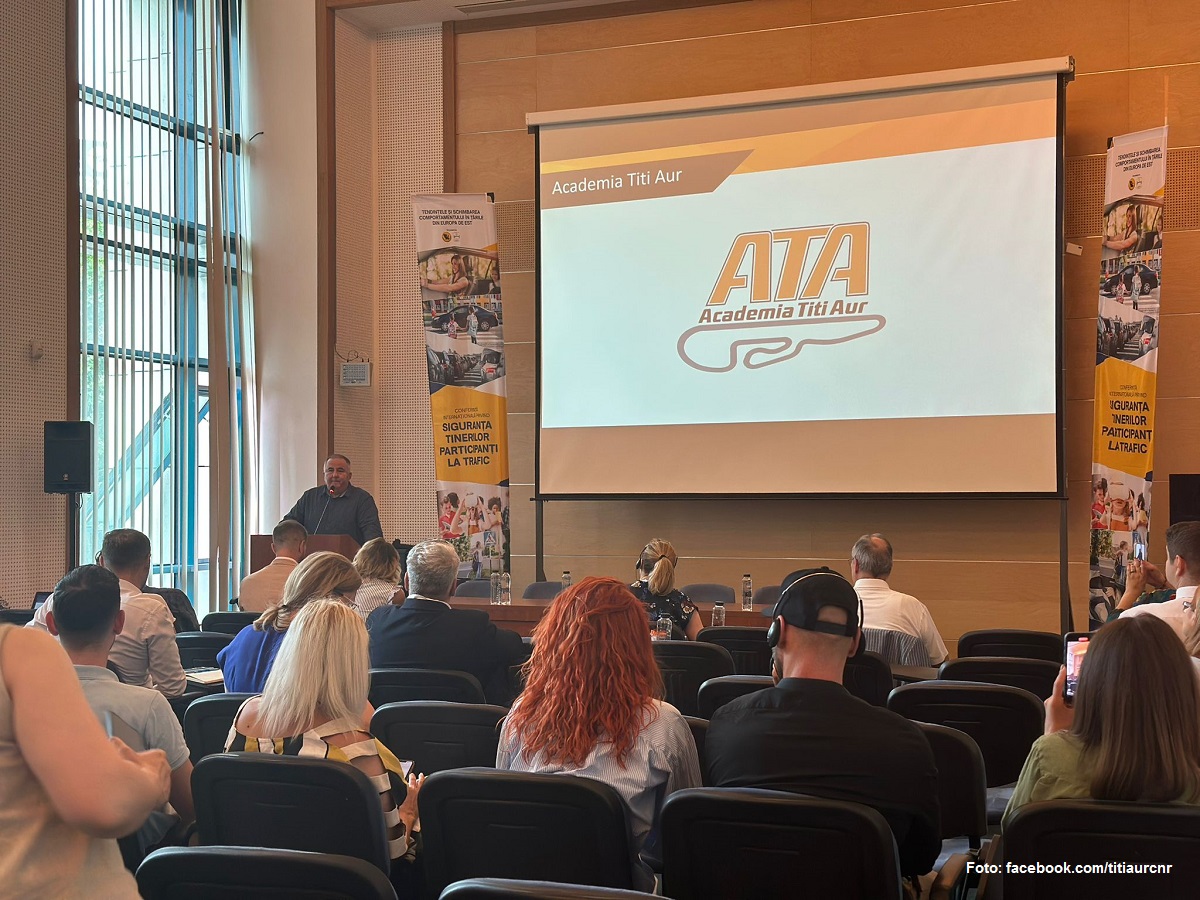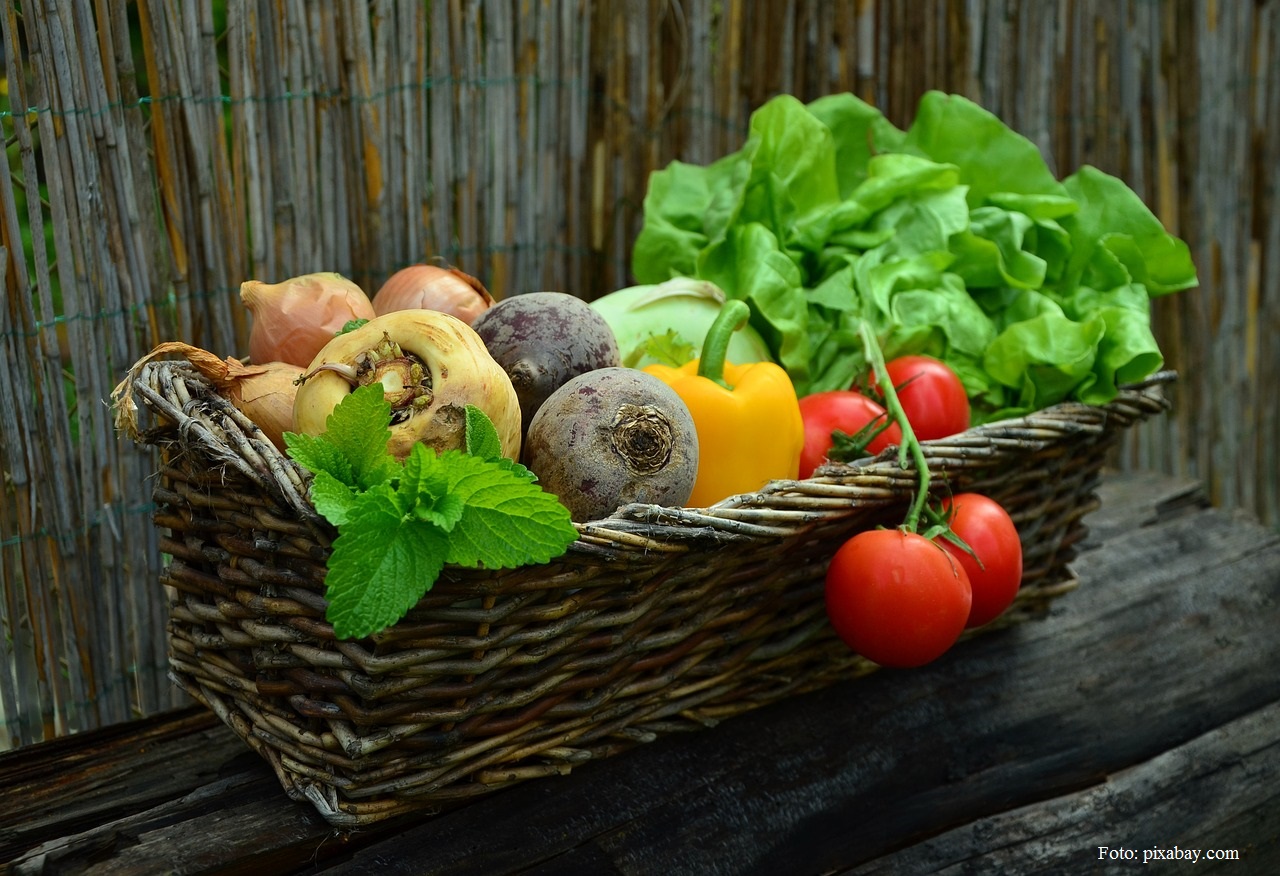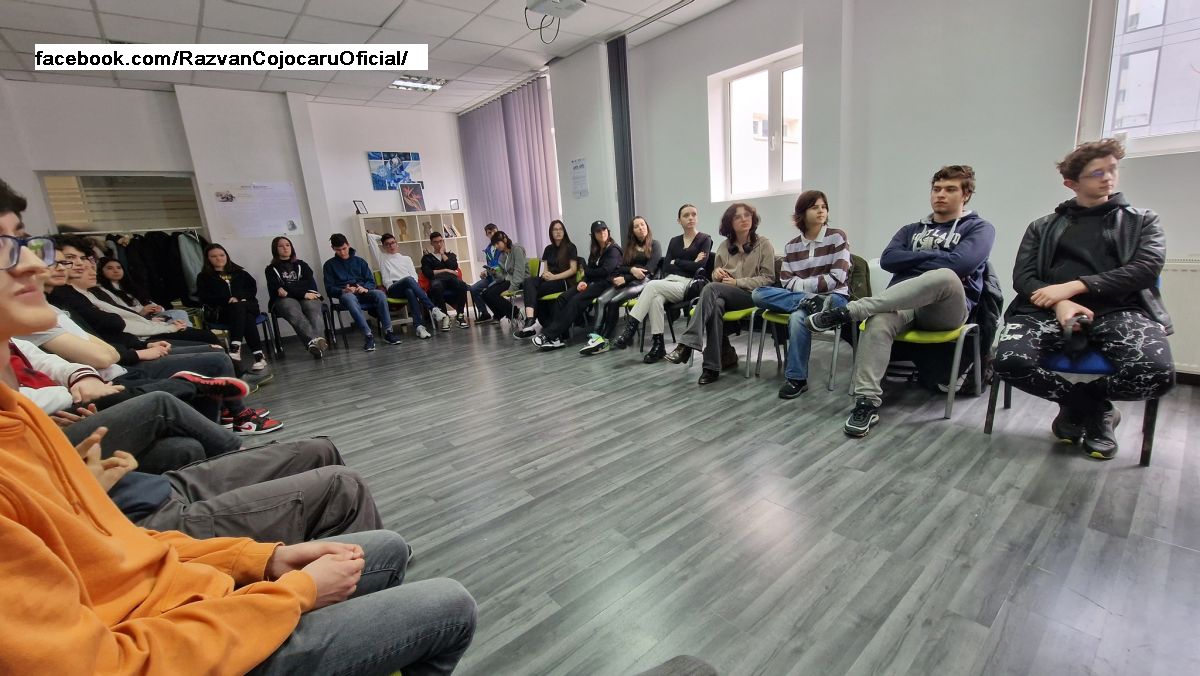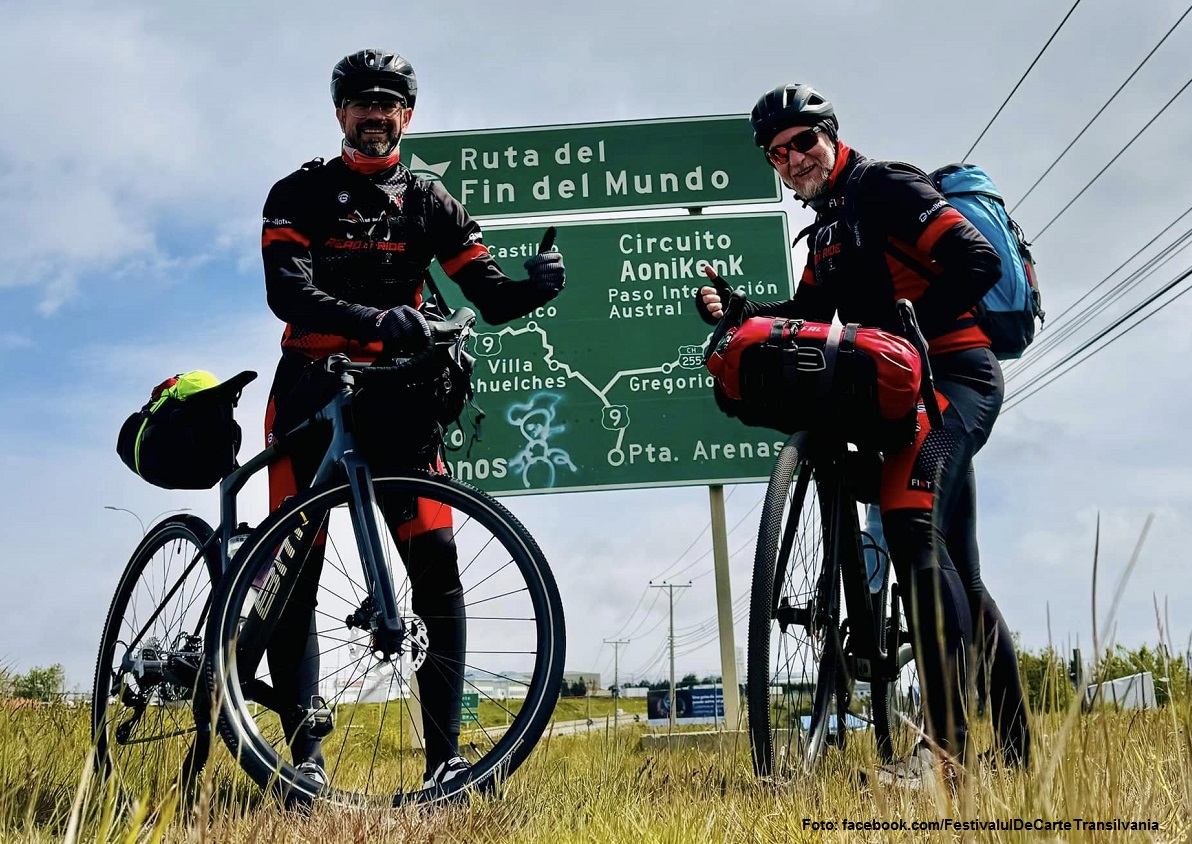Fresh farm products for the cities
People living in cities now have easier access to fresh farming products thanks to a project to support traditional farming.
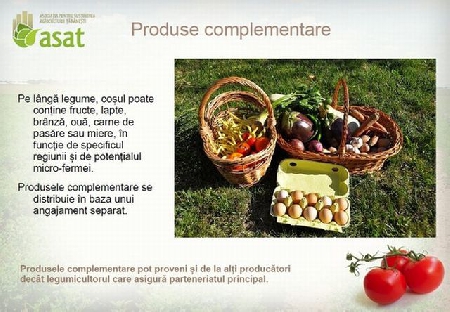
România Internațional, 28.07.2013, 13:24
With the help of the Association for the Support of Traditional Agriculture, ASAT, people living in urban areas who are interested in healthy food may conclude partnerships with the farmers who need financial support and a targeted distribution market. The Association was set up five years ago and already enjoys the support of people in all major cities across Romana. Mihaela Vetan is the president of ASAT. She has told us how this system has been implemented in Romania.
Mihaela Vetan: “The Association partnerships were first presented to the public in Timisoara, in 2007, by Denise Vuillon, one of the initiators of the system in France. During the presentation, the organisers drew attention to the fact that at European level, small-scale agriculture was in jeopardy, because farmers were facing more difficulties and they hardly resisted the competition of intensive agriculture, supermarket chains and imports. In this context, Denise Vuillon referred to an initiative she developed in France in 2001, namely creating groups made up of consumers who decide to support small local producers, farmers in their proximity, whose natural products should be delivered once a week.”
The system was informally functioning in Romania, too, but not in an organized way and with the firm commitment of both farmers and consumer. Almost all families, especially those with small children, develop, along the years, a small network providing them with vegetables, eggs, milk, and meat. They either start a special relation with the farmers selling their products at the market or call for the support of their relatives living in the countryside. However, in time, the farmers selling their products at the market were gradually replaced by intermediaries and other distributors. This was a good reason for Mihaela Vetan to start the ASAT partnerships.
Mihaela Vetan: “In 2008, we launched in Timisoara the first partnership, developed by 20 families of consumers. What is different from the so-called informal relations, which fortunately still exist in Romania, is that under the Association partnerships, consumers make a one year commitment. In autumn they make a commitment for the next year, making down payments to producers, for them to have the necessary financial resources to make preparations for their autumn cultures, to buy seeds, to plough the land, and throughout the year they commit themselves to taking a weekly basket of natural produce.”
Marin Paraschiv is one of the 11 producers who provide vegetables to 350 families across the country. He has heard about this type of partnership from his children, who read about this on the Internet. He now has 15 subscribers, so to say.
Marin Paraschiv: “They have helped me buy seeds, build a new greenhouse, for us to work the land in a protected way. They give me money. Every month I give them four baskets of produce, which cost some 140 lei. We meet at the Association headquarters. There are 2-3 families who help with the packaging. I am happy that I don’t have to take the vegetables to the wholesale markets, consumers are happy that all products they eat are natural, they can come to visit us, to see how we grow the vegetables. There are many people who want to buy products from farmers and not imported vegetables. The products are very good, the tomatoes are tasty, just like the bell peppers and the eggplants, they are all incomparably better than any other imported vegetable.”
Consumers become aware of the fact that if they want healthy food, without any trace of chemical substance, they have to wait, because natural plants grow slowly, are not uniform, they don’t always look good, but their quality is far better. There is a charter of the Association principles, which should be observed. The provisions in the book actually regulate all elements related to production, which should be natural, says Mihaela Vetan.
Mihaela Vetan: “It is not mandatory for producers to have a bio certification, but they should be involved in natural agricultural activities; then producers should accept to be transparent as regards price-setting and production. At any moment, consumers can go to the producer to see how the vegetables grow. There is also another condition of solidarity, which is a very important element for both sides. Let’s say, for instance, that hail has affected the cabbage seedlings and early crops of cabbage are damaged, although cabbage was included on the list of products. This loss is equally shared by the consumers, they will not demand a discount on their subscription, precisely because they understand the risks run by an uncontrolled natural production. In another move, if it is a favourable year for certain cultures, let’s say tomatoes, and the production is bigger than initially planned, this surplus is brought to the consumers, because they practically support production costs.”
The price of vegetables is affordable for a relatively high number of people, and this is important because they are natural products. Mihaela Vetan has more on one of the ultimate goals of Association for the Support of Traditional Agriculture in Romania.
Mihaela Vetan : “We know that bio produce are luxury items, and we believe that by the Association partnerships we can provide an alternative, so that a large number of people should have access to high quality products.”
Many consumers who have concluded such partnerships are young parents, interested in healthy food, and they are all aware of how important it is to support local economy and agriculture.

